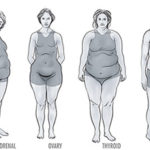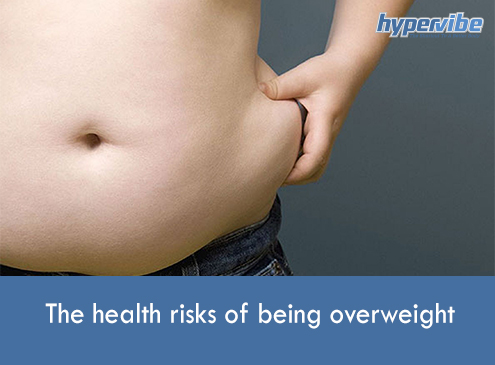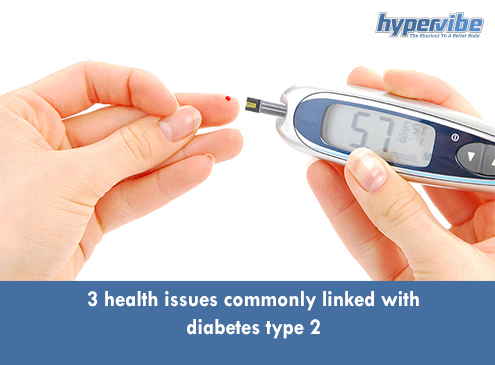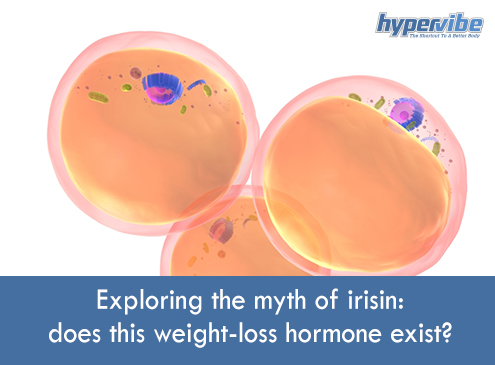Health News Roundup: March 1 – 8, 2016
Maintaining a busy brain might reduce the risk of cognitive decline as we age, shows a study published on March 4. According to researchers from the Mayo Clinic, people who use a computer weekly are less likely to develop memory and thinking problems. In their study, 17.9% of the participants in the computer-use group showed mild cognitive decline, while in the no-computer-use group, the figure was 30.9%. Overall, people in the group that used the computer regularly were 42% less likely to show cognitive decline.
Research led by scientists at the University of California suggests that mindful eating could have positive effects on fasting blood glucose, triglycerides and cholesterol levels, factors that are linked to type 2 diabetes and cardiovascular disease.
Dr. Daubenmier and her colleagues evaluated the effects of mindfulness-based weight loss interventions on obese adults, and although no statistically significant differences in body weight were found compared to the control group, the mindfulness intervention did show greater improvements in cardio-metabolic outcomes tied to the previously mentioned conditions.
The study involved 200 participants and the results were measured 18 months after the start of the program, those in the mindfulness program losing an estimated 4.3% of body weight on average, which was 3.7 pounds more than the average weight loss for the control group.
Exercising is more effective than dieting in limiting calorie intake
Scientists at Loughborough University have studied the responses to calorie control through food restriction and exercise over the course of 9 hours, and have found that exercising can help more than dieting in limiting the daily calorie intake.
Dr. David Stensel and his colleagues have studied women’s hormonal, psychological and behavioural responses to calorie control, showing that when the calorie deficit is created through food restriction, the levels of hunger hormone ghrelin are higher, and those of hunger supressing hormone peptide YY are lower. Participants who achieved a calorie deficit through diet instead of exercise consumed on average 944 calories following food restriction, compared to 660 calories after exercise.
Fat burning process could be accelerated by blocking a protein
An international team of scientists under the leadership of the University of Bonn has discovered a switch in fat cells which could be used for accelerating fat burning processes. That switch is represented by Gq proteins, which bind to receptors in brown fat cells. Activating these proteins led to a decrease in brown cells in mice, while blocking the Gq proteins helped more brown fat cells mature. Beige and brown fat cells can help in weight loss by burning excess white fat cells.
Fitness and strength in youth predict diabetes, regardless of weight
Research published in the Annals of Internal Medicine showed that physical fitness in youth may increase the risk of diabetes later in life, regardless of weight. The research team led by Dr. Crump analyzed the aerobic capacity and muscle strength of more than 1.5 million young men, and found that lower cardiorespiratory fitness and muscle strength raised the risk for type 2 diabetes.
Aerobic activity is known to enhance the breakdown of fatty acids and improve insulin sensitivity, while strength training enhances muscle fiber growth, which increases glucose use. Additionally, both strength training and aerobic exercise help reduce the amount of fat stored in the body, this being a well-known risk factor for type 2 diabetes.
Have something to add to this article? Comment below or join our Facebook community and share your thoughts with us!















